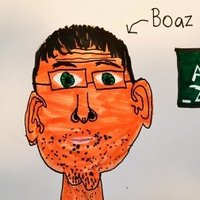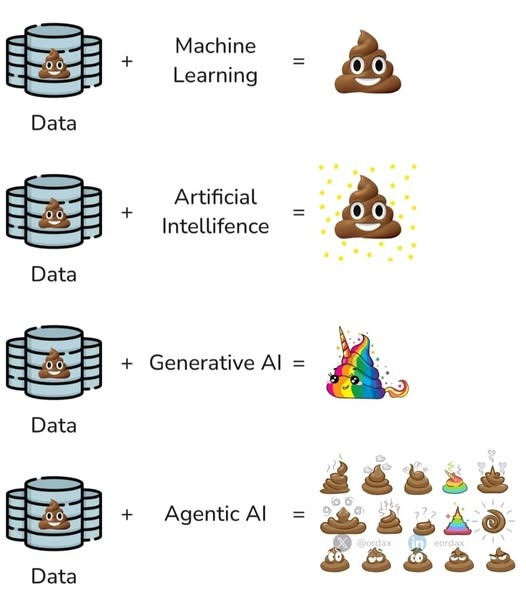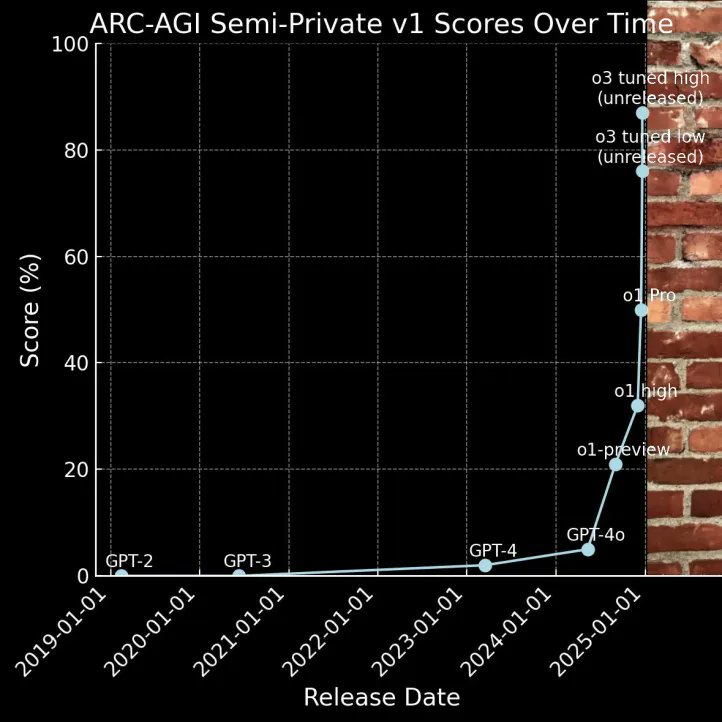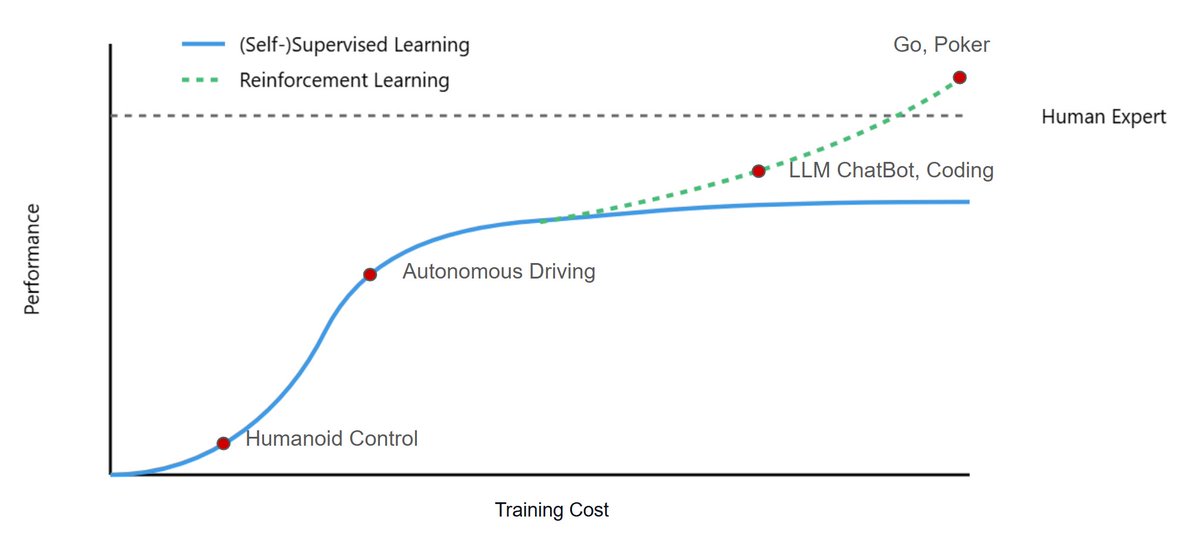
AndyXAndersen
@andyxandersen
Computer vision engineer, math phd. Interested in AI, science, ethics, society topics.
ID: 1650239073934807040
23-04-2023 20:43:59
11,11K Tweet
346 Followers
141 Following

Subbarao Kambhampati (కంభంపాటి సుబ్బారావు) That is how people can reason too. We are not reasoning geniuses. We stay on track either because we can observe results of bad reasoning or we can invoke tools to do it for us.











This is François Chollet discussing deep learning guided program synthesis, reasoning, o-series models and the ARC challenge. We will drop the full video hopefully later today!


AI Notkilleveryoneism Memes ⏸️ The good guys who refuse to compete hard are just left behind. AI slowdowns and such never had much of a chance. The fight over AI safety will not be won at that level.







